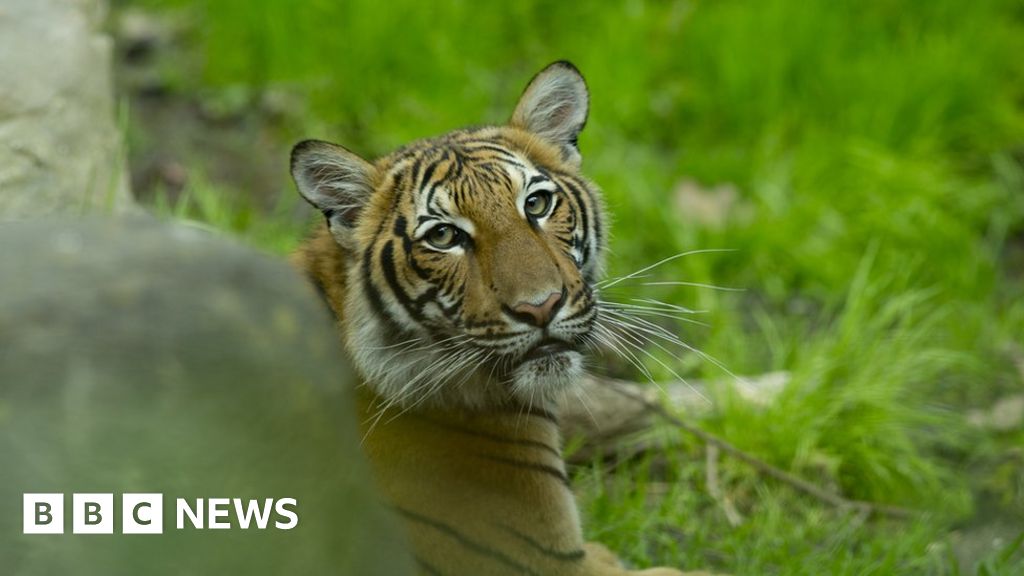Federal officials and NYC’s Bronx Zoo said on Sunday that a tiger at the zoo has tested positive for the novel coronavirus, in what is believed to be the first known infection in an animal in the U.S. or a tiger anywhere.
The 4-year-old Malayan tiger named Nadia — and six other tigers and lions that have also fallen ill — are believed to have been infected by a zoo employee who wasn’t yet showing symptoms, the zoo said. The first animal started showing symptoms March 27, and all are doing well and expected to recover, said the zoo, which has been closed to the public since March 16 amid the surging coronavirus outbreak in New York.
“I couldn’t believe it,” said zoo director Jim Breheny, but he hopes the finding can contribute to the global fight against the virus that causes COVID-19. “Any kind of knowledge that we get on how it’s transmitted, how different species react to it, that knowledge somehow is going to provide a greater base resource for people,” he said in an interview.
The finding raises new questions about transmission of the virus in animals. The U.S. Department of Agriculture, which confirmed Nadia’s test result at its veterinary lab, says there are no known cases of the virus in U.S. pets or livestock. The USDA said Sunday it’s not recommending routine coronavirus testing of animals, in zoos or elsewhere, or of zoo employees. There have been a handful of reports outside the U.S. of pet dogs or cats becoming infected after close contact with contagious people, including a Hong Kong dog that tested positive for a low level of the pathogen in February and early March. Hong Kong agriculture authorities concluded that pet dogs and cats couldn’t pass the virus to human beings but could test positive if exposed by their owners.
At the Bronx Zoo, Nadia, her sister Azul, two Amur tigers and three African lions have been sickened in two areas at the zoo. The animals had contact with the same worker, who is doing OK, zoo officials said. They said there are no signs of illness in other big cats on the property. Staffers who work with the cats will now wear infection-protection garb.
